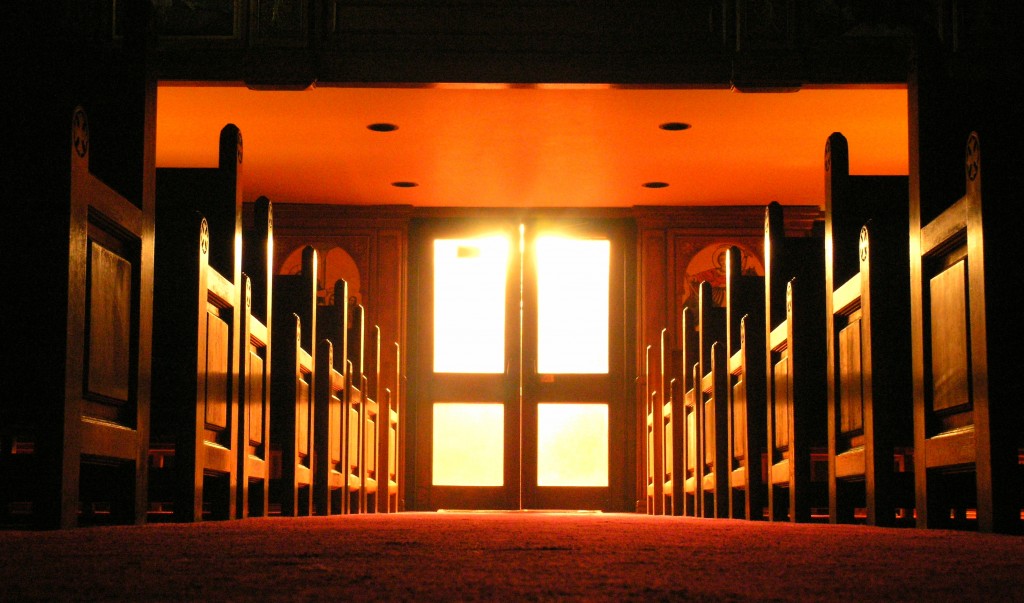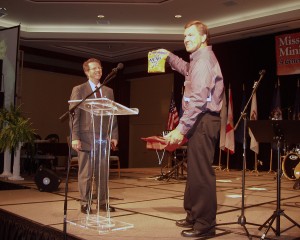As a dad and a pastor, I have noticed that Father’s Day is a constant reminder of the daunting task we have as men. During creation, God established man as the cultivator of everything here on earth. Here are just a few examples:
- Genesis 1:28 – God tells man to be fruitful, multiply, and rule over all of his creation.
- Genesis 2:4-5 – We see that until man was created by God there was no one to “cultivate” the soil.
- Genesis 2:15 – God commands man to care for the Garden of Eden.
- Genesis 3:17-19 – After the fall of man, a part of the curse was that man would not only cultivate the earth, but the labor would be extensive and exhausting.
So how do we balance all that comes our way in life? How do we manage everything that needs managing? Here are a few things that I shared with our church on Father’s Day as priorities for men to cultivate.
Cultivate Your Life
1 Corinthians 13:11 says
When I was a child, I talked like a child, I thought like a child, I reasoned like a child. When I became a man, I put the ways of childhood behind me.
The most important thing for a father/man/pastor to do is to ensure that they are growing personally in their own walk with God and as leaders in the kingdom. Several ways that I have found helpful in this are through a year long reading plan. I read at least two books per month in addition to my bible reading plan. Additionally I listen to a couple dozen podcast each month either while driving or falling asleep at night. Lastly, I rest, and I don’t feel the least bit guilty about it. If you are a single man, put down the video games, grow in Jesus, and cultivate your life now in preparation for your future wife and kids.
Cultivate Your Marriage
Ephesians 5:25-28 says
25 Husbands, love your wives, just as Christ loved the church and gave himself up for her 26 to make her holy, cleansing her by the washing with water through the word, 27 and to present her to himself as a radiant church, without stain or wrinkle or any other blemish, but holy and blameless. 28 In this same way, husbands ought to love their wives as their own bodies. He who loves his wife loves himself.
If you are married, your first responsibility next to God is your wife. Marriage is fun, but it is something that you must work at and ultimately lay down your life for. It will not grow unless it is intentionally cultivated. It took nearly ten years for Julie and I to finally find the rhythm that worked for our marriage. Three key things that this includes for us are date nights with no distractions, weekends away, and an annual vacation without the kids.
Cultivate Your Children
Ephesians 6:4 says:
4 Fathers, do not exasperate your children; instead, bring them up in the training and instruction of the Lord.
As a father, I cannot cultivate or “bring my children” up in the “training and instruction of the Lord” by accident. Additionally, I only have a short amount of time before they are on their own. With this in mind we make the following things a priority:
- We home-school our children
- I am home everyday by 5:00PM – When meetings are essential, they are planned well in advance
- I have a full day off every week for my wife and kids
- We take an annual vacation with our children
- My family travels with me much of the time
We by no means have found the perfect system, but I do believe these three things are absolutely essential for men and husbands to figure out.
What are some things you have found effective when balancing your life? Click on ‘Leave A Comment’ at the top of this article and let us know!



